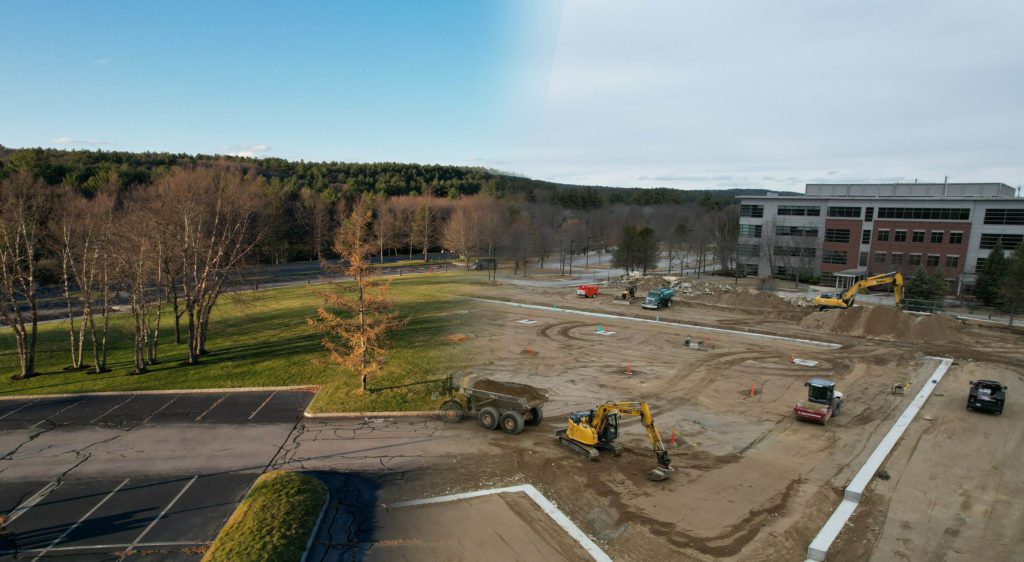Engineering investments are expected to increase as a result of ongoing digitalization efforts, to the tune of an expected 10% compound annual increase through 2026, according to a new survey from Bain & Co.
The survey said that despite economic uncertainty, businesses are planning to accelerate their investments in digital engineering and related capabilities as part of digitalization efforts. Digital investments are expected to see a compound annual growth rate of 19% from 2022 to 2023, based on the survey of more than 500 senior executives.
The telecommunications market is one of the specific industries expected to increase such spending, as well as automotive and mobility, medical devices, advanced manufacturing and services, energy/natural resources and aerospace and defense.
“Investing in ER&D during a downturn can help companies pull ahead in the innovation race. The recent large-scale layoffs in the technology sector also offer ER&D companies an opportunity to hire much-needed talent,” said Daniel Suter, partner at Bain. “The most successful companies use recession years to out-innovate competitors by acquiring companies at lower multiples, poaching critical talent, and investing in intellectual property and R&D.”
However, there is a widening workforce gap across engineering. Bain noted that on a global basis, 73% of engineering R&D companies already report talent gaps, and the percentage of engineers quitting their jobs at engineering companies has risen to between 16% and 17%. That’s up nearly 2% from three years ago.
“The shortage of engineering talent is affecting all geographies and is likely to continue throughout the coming decade. Leading companies are realizing that in a tight talent market, it is as important to improve the attractiveness of engineering roles as it is to scour the market for new pockets of labor,” said Suter.
In other test news:
-ICYMI, global conglomerate Emerson announced this week that it is acquiring National Instruments for $8.2 billion. Read the full story here.
–Synopsys says that it has a digital twin system for full emulation of systems-on-chip software as part of semiconductor development. The new ZeBu Server 5 enables a “dynamic digital representation of an electronics system” for validating software bring-up, power analysis and software/hardware, the company said.
“Today’s software-driven systems—like the electronics found in an advanced car or VR headset—demand massive computing power for cutting-edge algorithms required to replicate complex scenarios in the real world or metaverse,” said Ravi Subramanian, GM of Synopsys Systems Design Group. “Getting these products right means thoroughly testing the software running on your chip for over tens of billions of cycles on an emulation system before production.” The ZeBu Server 5 “delivers the highest performance emulation system in the world,” he added.
–Anritsu has expanded the range of its Field Master MS2080A combination instrument/spectrum analyzer, up to 6 GHz for Frequency Range 1 (FR1) support of 5G cellular systems, satellite services and Land Mobile Radio networks, among other applications. The company noted that the general-purpose test instrument features a fast sweep speed of 45 GHz/s for greater insights over wider spans of airwaves.
–TÜV Rheinland North America provided an update on the progress of its new North American tech center in the Boston area: The foundation is completed. The new, 65,000-square-foot lab-and-office Technology and Innovation Center (TIC) will be the company’s largest product testing and certification center in the Americas.

“The dramatically larger footprint will include a comprehensive testing infrastructure, productive office space for client interactions, and an exciting new office environment for regional staff across our business and support functions,” said Robert Mitchell, who is EMC and environmental services segment manager for TÜV Rheinland North America.
–DEKRA has two new board of management members, as the company goes through a realignment and expands its executive and board roster. Petra Finke will become the company’s chief digitalization officer as of July 1, 2023, and Peter Laursen has been immediately appointed to the role of chief operation officer. They join the company’s CEO and CFO as part of the board of management.
Finke, Dekra says, “will pursue the company’s target to fully leverage the business potential of digitalization,” including the use of AI and remote services. “Dekra expects digital services to play a crucial role in the [testing, inspection and certification] industry, and it is set to develop its service portfolio accordingly,” the company said in a release. Laursen, meanwhile, will oversee Dekra’s various global operating regions and “will be responsible for expanding Dekra’s global footprint, especially in the strategic growth regions of North America and Asia,” according to the company.

